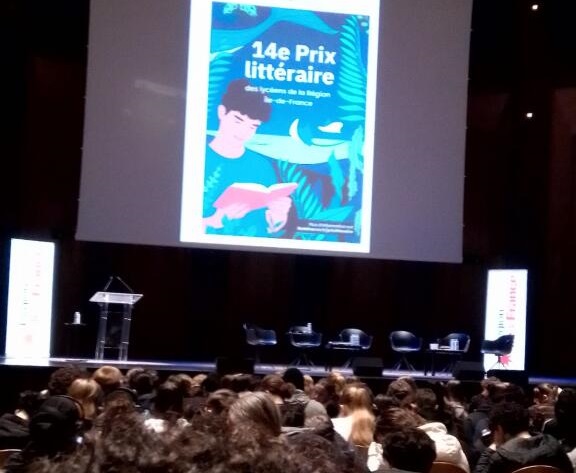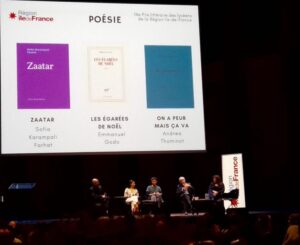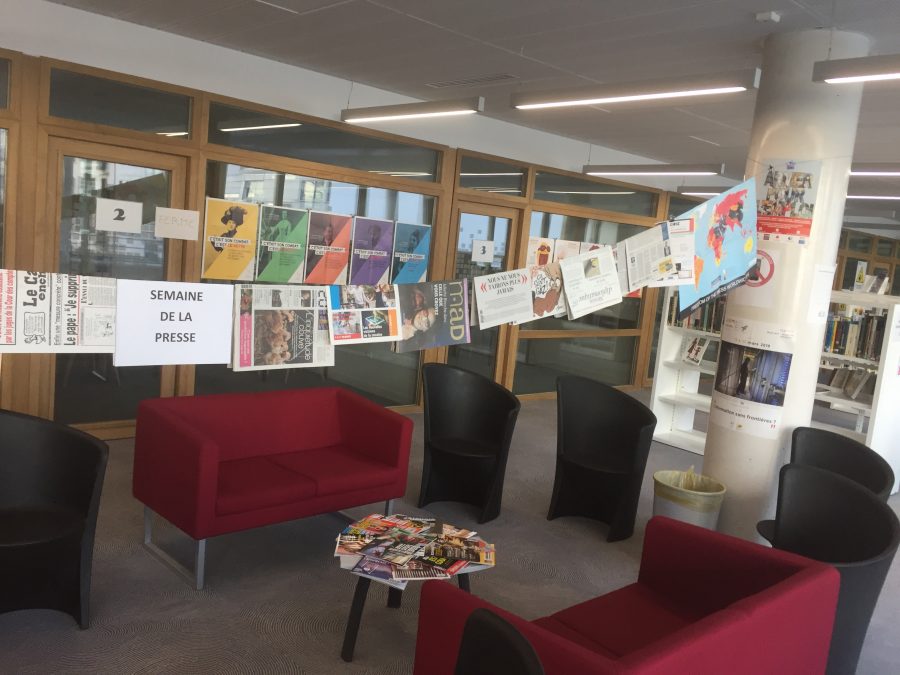Bonjour,
Aujourd’hui, on vous présente l’exposition Zombis du musée du Quai Branly qui se trouve à Paris. Nous nous sommes rendus sur place pour notre chapitre de Latin sur l’esclavage et pour en apprendre plus sur ce sujet. C’était aussi une occasion de découvrir les origines et les significations des Zombis.
Cette image, à la fois fascinante et inquiétante, nous pousse à réfléchir. Le Zombi vient des croyances vaudou et du syncrétisme, un mélange de plusieurs religions. Ici, on parle d’un culte vaudou d’Afrique, mélangé aux pratiques des peuples caraïbes et au christianisme. Le vaudou est apparu au XVIIe siècle, pendant l’époque de l’esclavage.
L’exposition parle des vraies origines des Zombis à Haïti. On y découvre des objets et des histoires qui montrent un lien profond avec la spiritualité vaudou. Cette culture est pleine de symboles et de significations (mélange les pratiques spirituelles). Mais on ne sait pas tout sur le vaudou, car le commissaire de l’exposition, Philippe Charlier, n’a pas voulu révéler tous les secrets. C’est une religion avec ses croyances, ses mythes et ses rites que seuls les croyants connaissent. Ce sont surtout ceux qui ont « été zombifiés » qui savent tout sur ces secrets.
On peut donc oublier l’image des Zombis verts qu’on a souvent dans la tête grâce à cette exposition.
Bonne lecture à vous !
Les Secondes de Latin
La religion vaudou à Haïti
Dans la religion vaudou, il y a un dieu nommé le grand maître, cependant il n’apparaît entièrement sur aucune représentation (tableaux, dessins…). En effet, on ne peut apercevoir que sa main, voire son doigt.
En dessous du grand maître, dans la hiérarchie vaudou, se trouvent les esprits, appelés les Loas. Durant l’exposition, nous avons appris que le Loa de la mort était le Baron Samedi. Il est représenté habillé d’un costume violet et d’un pantalon noir, de plus il est souvent accompagné de sa femme : Maman Brigitte. Chaque Loa possède un symbole, aussi appelé « Vévé ». Le Baron Samedi et Maman Brigitte sont respectivement représentés par un carrefour, très important lors des enterrements vaudous, et un cœur.
sont respectivement représentés par un carrefour, très important lors des enterrements vaudous, et un cœur.
En ce qui concerne les temples vaudous, ils sont construits autour d’un poteau mitan. Lors des cérémonies religieuses vaudous, les prêtres tournent au rythme des tambours, propres à chaque Loa, jusqu’à entrer en transe. La liaison entre le prêtre et le Loa est établi grâce au poteau mitan : le prêtre monte tandis que le Loa descend.
Cédric et Sacha
Sociétés secrètes et rituels mortuaires
Depuis le XVIIIeme siècle, de nombreuses sociétés secrètes sont présentes à Haïti. La plus connue d’entre-elles est la société Bizango.
Elle est reconnaissable grâce à ses habits de couleur rouge, noire et blanche.
Ce sont les membres de cette organisation qui organisent la zombification. Avant cette opération le coupable a rendez vous avec les membres de la société Bizango. Derrière eux l’armée des ombres est composée de fétiches eux-mêmes composés de vrais crânes, de miroirs (pour renvoyer les mauvais sorts), des bouteilles de rhum à la place des pieds (pour emprisonner l’âme végétative et intellectuelle).
A Haïti, les enterrements ne sont pas comme les enterrements européens. Ils sont joyeux et festifs, on y joue de la musique et il y a souvent de grandes fêtes. Ils font cela puisqu’il sont beaucoup en contact avec les esprits.

Simon, Ethan, Martin
La zombification, comment ça marche?
Les Haïtiens se retrouvent devant l’assemblée des Bizango seulement s’ils ont commis un crime grave : notamment le meurtre, le viol, ou le vol de terre. Une fois l’un d’eux commis, ils se font zombifier par les membres de la société Bizango. Mais comment cela se produit-il alors que cette pratique est illégale ? Comment procèdent-ils ?
Suite au 7e jugement, en attendant de commencer le processus de zombification, le Bokor (sorcier appartenant à la société secrète Bizango) s’empare d’un élément de l’Homme jugé (des cheveux, un ongle, une terre sur laquelle il a marché, etc) et l’insère dans une poupée vaudou. Il se rend ensuite dans un cimetière et cloue la poupée à un arbre appelé « Arbre à Sortilèges » afin de sceller le sort. Une fois scellé, le sort empêche le criminel de commettre d’autres crimes ou actes nuisibles à autrui. Avant de sortir du cimetière, le Bokor accroche une chaise en bois miniature sur une branche de l’arbre. Symboliquement, les esprits s’assoient sur la chaise, de ce fait, ils ne suivent pas le Bokor à l’extérieur du cimetière.
Le Bokor peut alors débuter la préparation de sa mixture, là commence le processus de zombification. Dans cette préparation il introduit des éléments d’abord inutiles, dont l’intérêt est uniquement symbolique comme des ossements broyés et des cendres de cimetière. Il ajoute ensuite un poison extrêmement puissant la tétrodotoxine, celui du poisson globe (appelé à Haïti « poisson Fugu »). Ce poison, s’il est parfaitement dosé, ne tue pas mais plonge la personne dans un état de mort apparente. Le cœur ralentit, et l’individu est conscient de tout ce qui se déroule autour de lui mais parait comme mort pour autrui. Enfin, de la bave de crapaud est ajoutée, au contact de la peau elle gratte énormément. La victime de cette mixture se grattera donc et laissera passer le poison dans son corps. Ce mélange est confié à un proche du criminel pour qu’il le dépose dans un vêtement ou dans les chaussures de celui-ci qui sera très rapidement empoisonné. On note qu’à Haïti les certificats de décès sont signés par la 1ere personne qui découvre le corps et non un médecin comme en France. Le Bokor s’assure donc d’être dans les environs au moment de l’empoisonnement pour le signer. A Haïti, les enterrements sont faits le jour même, le criminel est donc enterré dans la journée bien qu’il soit vivant. La nuit qui suit, le Bokor déterre le criminel, le fouette en symbole d’esclavage et lui fait consommer un antidote pour que le poison ne finisse pas par réellement le tuer. Par la suite, il lui donne à manger un régime sans sel qui lui créé un œdème cérébral (rend ses mouvements lents ainsi que sa réflexion), il n’est plus maître de ses décisions, il devient littéralement zombie et esclave du Bokor, telle est la punition des criminels à Haïti.
Le record d’années passées zombifiées est de 40 ans, ce qui nous montre que beaucoup peuvent en être victimes durant des années sans que personne ne s’en doute. Afin d’être dézombifié, il faut que le Bokor décède. Clairvius Narcisse est un homme qui a été victime de la zombification, par chance, deux ans plus tard, son Bokor est décédé. Il s’est remis peu à peu à manger des aliments salés et a retrouvé son état normal. Il a ensuite attendu la mort de son frère (qui l’avait dénoncé à la société Bizango car il avait volé ses terres) afin qu’il ne le dénonce pas de nouveau s’il se remontrait. Une fois son frère mort, il raconta son histoire et témoigna au monde entier. Il servit même aux scientifiques de découvrir comment certains Haïtiens se faisaient zombifier (tétrodotoxine, régime sans sel).
Aujourd’hui, cette pratique est moins répandue mais on estime que 5% de la population Haïtienne est zombifiée. Ce pourcentage inclut les 4 types de zombies :
-
Le zombie classique : ceux vus précédemment ayant commis un crime grave et été zombifiés suite au jugement de la société Bizango.
-
Le zombies criminel : ce sont des personnes qui posent soucis à quelqu’un (une belle-mère et sa belle-fille par exemple). Afin de s’en débarrasser l‘individu va payer un Bokor pour zombifier celui qui lui pose problème.
-
Le zombie psychiatrique : c’est une personne qui a un trouble psychiatrique, elle est persuadée d’être un zombie alors qu‘elle ne l’est pas
-
Le zombie social : en raison des catastrophes météorologiques à Haïti, beaucoup de personnes utilisent le contexte de zombification pour reconstruire leur famille, ce sont des zombies sociaux. (Un homme ayant perdu toute sa famille par exemple et une famille ayant perdu un des leur se reconnaîtront comme une seule et même famille. Une illusion réciproque se fait, l’orphelin comme zombifié prend l’identité du membre que la famille a perdu)
Al Jazi, Asmaa, Ambre
Les liens de ces créatures terrifiantes à la peur de l’esclavagisme.
Les zombis, figures fascinantes et terrifiantes, trouvent leurs origines dans les horreurs de l’esclavage raciste qu’a subi Haïti. Ce monstre si présent dans le cinéma moderne, puise ses racines dans la religion vaudou, dont les mots et les croyances sont hérités, notamment le terme « nzambi », signifiant « esprit », qui a évolué pour devenir « zombi ». Mais comment ?
Dans la religion vaudou, les morts retournent au royaume du Bénin, cela découle des croyances des populations africaines arrachées à leurs terres d’origine et traditions, à cause de l’esclavage.
Avant, pour les populations Béninoises et Congolaises, l’idée d’un esprit sans corps incarnait encore à l’époque une peur fondamentale. Selon eux, comme la mort d’un enfant était considérée comme contre-nature et effrayante, les folklores de ces pays racontent que les esprits des enfants décédés menaient une existence spectrale, destinée à errer et tenter d’entraîner d’autres enfants dans la mort.
Après le traumatisme de l’esclavage qu’a subi Haïti, cette névrose collective s’est transformée en une peur, non pas de demeurer un esprit sans corps mais plutôt d’être réduit à un corps sans esprit, de retourner au stade d’un simple esclave, de se transformer en un zombi.
On peut voir ce lien à la façon dont les zombis étaient traités comme l’étaient les esclaves : ils mangeaient à même le sol sur des feuilles de bananiers, portaient pour certains les mêmes menottes utilisées pour des esclaves, étaient soumis à un régime et faisaient des tâches agricoles très dures.
Le zombi haïtien incarne l’angoissante image d’un corps vidé de son esprit, réduit à un outil servile, l’écho tragique d’un passé marqué par la déshumanisation.
Kaycee et Nahida
Et au cinéma?
La figure des Zombis est apparue au cinéma en 1968. Avec le temps, la manière de représenter les Zombis a changé, comme dans le film Zombie Child. Dans ce film, le mot « Zombi » a une autre signification : il sert à parler des épidémies, pour que le sujet soit plus actuel. Cela permet aussi qu’on comprenne mieux, qu’on se mette à la place des personnages et qu’on ressente de la peur. Ce film français est sorti en 2019 et a été réalisé par Bertrand Bonello, un réalisateur français.
Le film est inspiré de la vie de Clairvius Narcisse, un Haïtien drogué avec une substance spéciale. Après avoir été déclaré mort en 1962, il aurait vagabondé comme Zombi et esclave. Ce cas avait déjà été raconté dans un autre film, L’Emprise des ténèbres, réalisé en 1988 par Wes Craven.
Capucine, Lily-Grace, Sérine

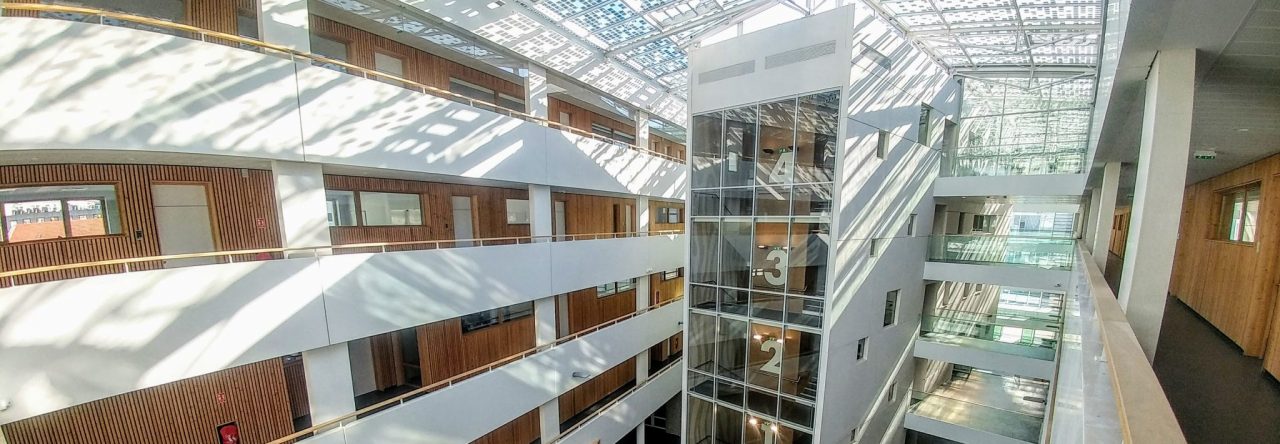

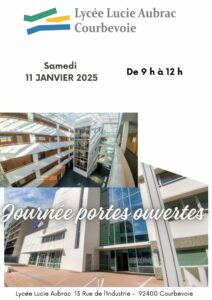

 sont respectivement représentés par un carrefour, très important lors des enterrements vaudous, et un cœur.
sont respectivement représentés par un carrefour, très important lors des enterrements vaudous, et un cœur.



